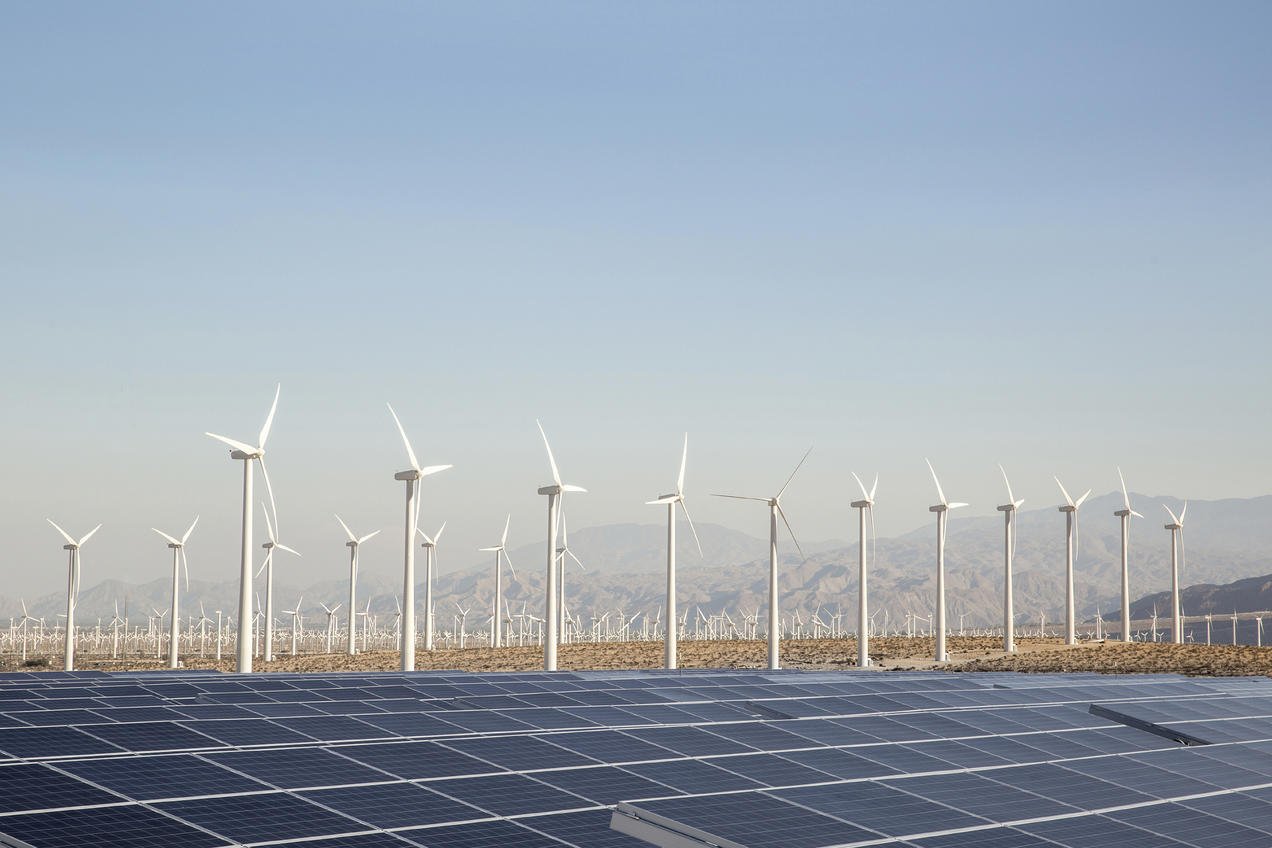ICP Statement on the Passing of the Inflation Reduction Act
Photo Credit: OLIVIER DOULIERY/AFP/GETTY IMAGES for the Globe and Mail
On Sunday, August 7th, the United States Senate voted 51-50 to pass the Inflation Reduction Act, with Vice President Kamala Harris casting the tie-breaking vote; today, the House of Representatives voted it into law. This bill contains monumental provisions in limiting the impacts of climate change and takes steps to increase healthcare affordability for American families while reducing inflation. For too long, the United States has failed to take actionable steps toward reducing greenhouse gas emissions and promoting just climate outcomes; for example, previous administrations have passed legislation curtailing environmental provisions and green investment. The Inflation Reduction Act represents the United States’ much-needed return to the global stage as a climate leader.
The bill contains $369 billion in funding for climate action, the largest climate investment in US history. Within this funding is $60 billion allocated to environmental justice priorities, directing funding to underserved communities that have, and will suffer most from the impacts of climate change. These funds include:
Environmental and Climate Justice Block Grants, which invest $3 billion in community-led projects in disadvantaged communities to address disparities in climate and pollution-related environmental and public health harms.
$15 billion to priorities like clean energy and emissions reductions for low-income and disadvantaged communities.
Grants to reduce air pollution through zero-emission equipment and increased access to affordable transportation in underserved communities.
$2.6 billion in grants to conserve and restore coastal habitats and protect communities that depend on those ecosystems.
Notably, this bill sets aside $25 million to support Native Hawaiian climate resilience with opportunities through resilience, conservation, and environmental justice grants. Moreover, $25 billion is allotted towards promoting “nature-based solutions” to climate change, like agricultural and forest conservation. For example, nearly $20 billion will go towards programs incentivising farmers to embrace climate-friendly practices, and $700 million will be put towards a program to permanently protect forested land through local government acquisition
The bill also provides ample benefits to everyday people. Alongside providing consumers relief from the sky-high energy prices we are currently experiencing, it creates tax credits for energy efficiency upgrades for low and middle-income households to purchase new appliances and provides a 30% consumer rebate for solar panel installation. The bill will also help proliferate green transportation by giving tax credits of up to $7,500 to buyers of new electric vehicles. Beyond the bill’s climate provisions, it also makes healthcare more affordable for most Americans by lowering the overall costs for many lifesaving prescription drugs and capping the cost of insulin.
Photo Credit: Natural Resources Defense Council
In communities that have suffered from fossil fuel pollution—especially communities of color, where these environmental injustices have long been concentrated—the Inflation Reduction Act promises to save 3,900 lives annually by reducing pollution and investing in clean energy. The bill also directly supports those suffering from coal mining-related illnesses by providing financial support for workers afflicted with Black Lung disease.
“I have high hopes that by investing in grassroots, community-led work that brought the passing of such a historic bill that we will see climate resilience grow stronger in the places we live, and in the wellness of our communities—especially those that sit on the frontlines and nearshores of the climate crisis. I don’t doubt that we will begin to see its impacts on the environment and healthcare for daily life very soon.”
- DR. KEALOHA FOX, ICP President and Senior Advisor
Underserved and marginalized frontline communities, who often experience low levels of socio-economic resilience, suffer most from the impacts of climate change. As an island state in the Pacific-Asia region, Hawai`i is amongst the most at-risk of experiencing the effects of climate crises, like rising sea levels and destruction of biodiversity. However, particular populations in Hawai`i are more at-risk, such as Native Hawaiian communities, who often reside in coastal areas where sea level rise and erosion threaten land and culturally significant ways of living.
Photo Credit: Civil Beat
ICP works closely with the communities that we serve, implementing programs and projects through our three key pillars – information and education, collaboration, and policy transformation – to pursue just outcomes for those on the frontlines of climate change. By prioritizing climate justice, this bill acknowledges the disparate environmental impacts certain communities face. Its funding of nature-based solutions also takes a step in the right direction by deprioritizing purely technical solutions, and uplifts ecological solutions to climate change and decarbonization. This bill supports grassroots and community-connected peacebuilding work like ours, thus presenting a key opportunity for building ground-up resilience.
Though there is still work to be done to align policy with promises and just action with budget priorities, we look forward to the opportunities this bill presents to promote climate resilient futures for all.



